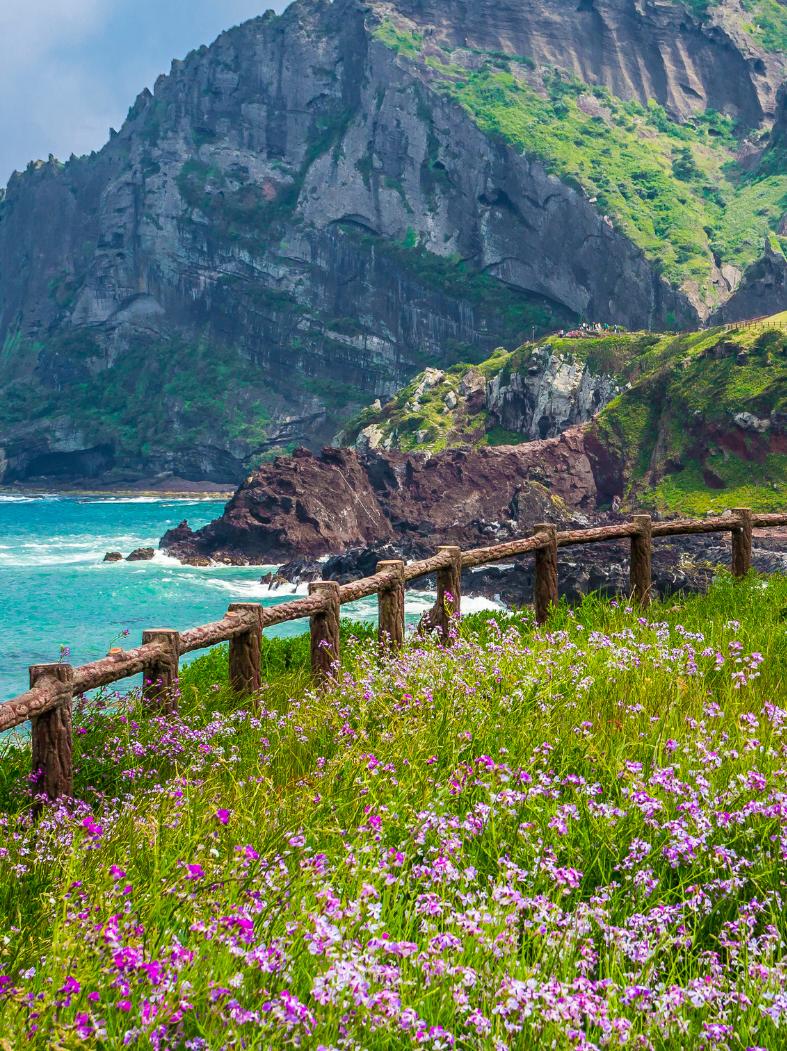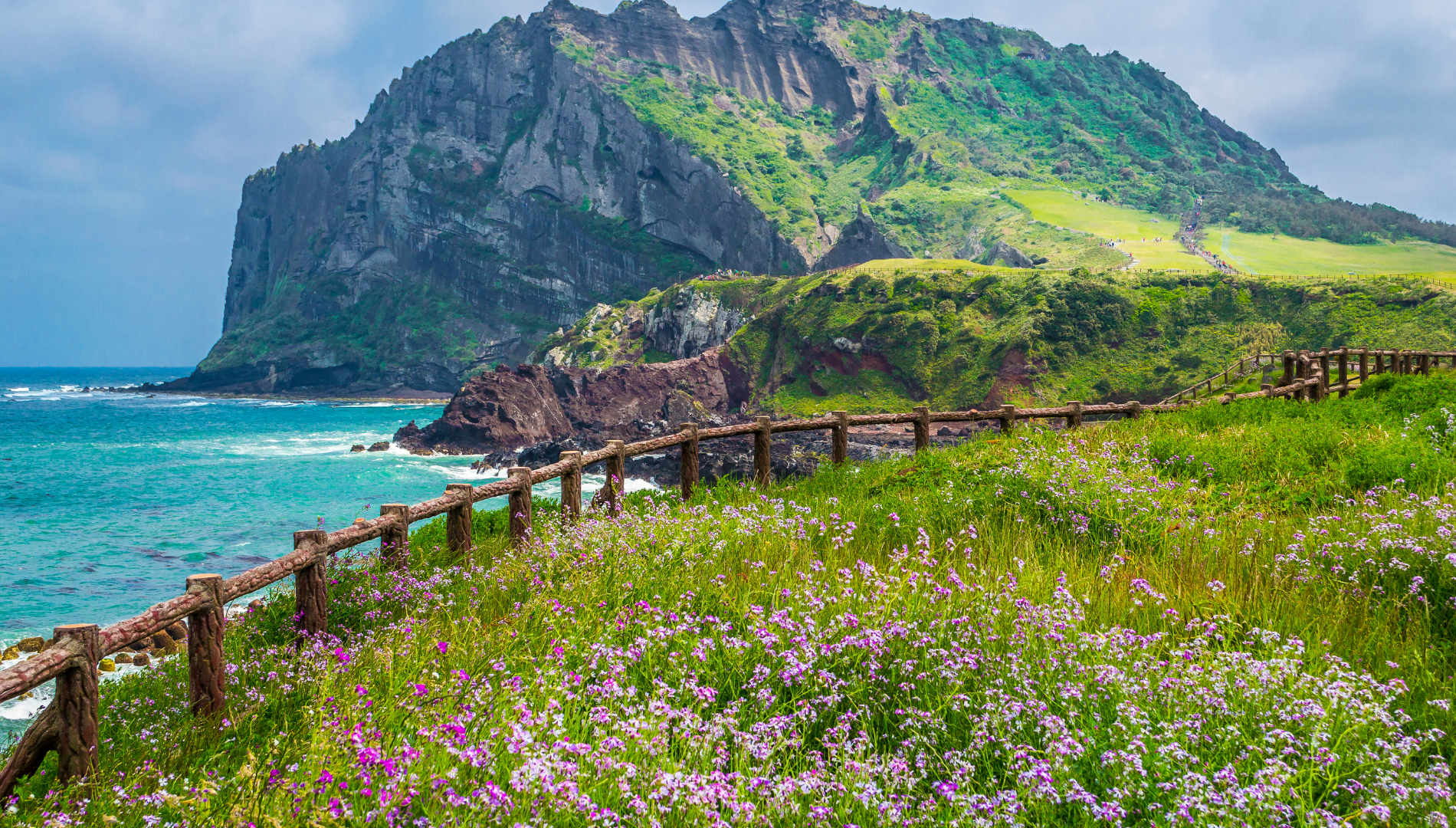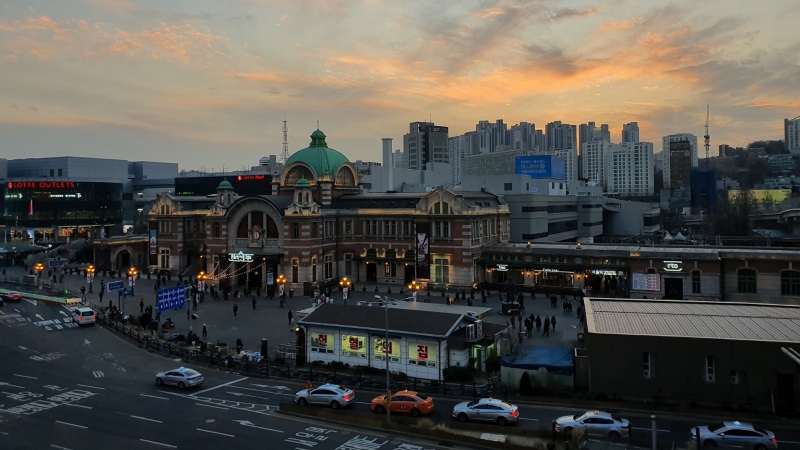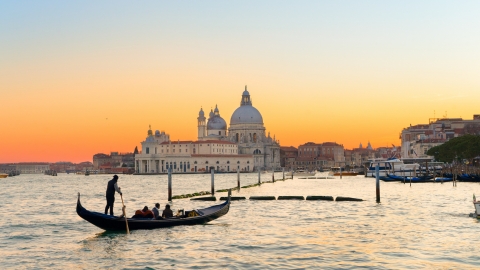Jeju Island, a jewel of South Korea, is becoming increasingly popular for its pristine natural beauty and unique culture. However, the rapid development of the tourism industry also means that the island faces growing environmental pressures. Increased waste, water pollution, and soil erosion are some of the pressing issues Jeju is facing. To protect this tourism paradise for future generations, the local government is actively seeking solutions, including the implementation of an ecotourism tax.
A report by the Korea Environment Institute (KEI) has proposed an action plan to pass on a portion of Jeju Island's environmental protection costs to tourists. Specifically, the report suggests charging 1,500 won per person (approximately US$1.10 per person) per night for accommodation, 5,000 won (US$3.76) per day for vehicle rentals, and a 5% fee for bus rentals as a green tax.
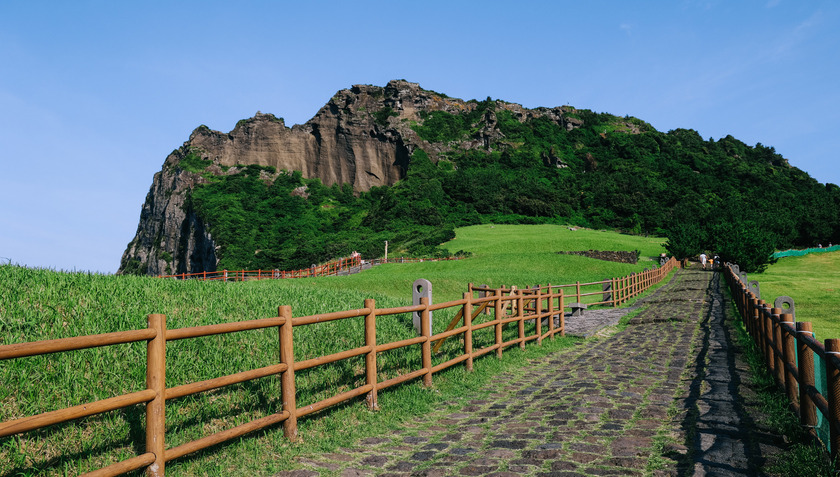
Jeju Island, a jewel of South Korea, is becoming increasingly popular for its pristine natural beauty and unique culture.
Revenue from the tax will be used to address the island's growing environmental pollution and wastewater issues, while also protecting natural resources from the influx of over 10 million tourists annually. This fee was previously proposed in a 2018 study by the Korea Local Finance Association on the validity of implementing an ecotourism tax.
According to this proposal, a group of four tourists staying for three nights and four days on Jeju Island and traveling by rented car would be taxed 38,000 won (US$28.60). The report also noted that this is the first time South Korea has imposed this type of tax, although similar taxes are common in many other tourist destinations around the world, especially in many European cities.
Despite facing challenges, the Jeju provincial government remains determined to pursue its environmental protection goals. A proposal to implement an ecotourism tax will be submitted to the Provincial Council. If approved, Jeju would become a pioneer in adopting green policies at tourist destinations in South Korea.
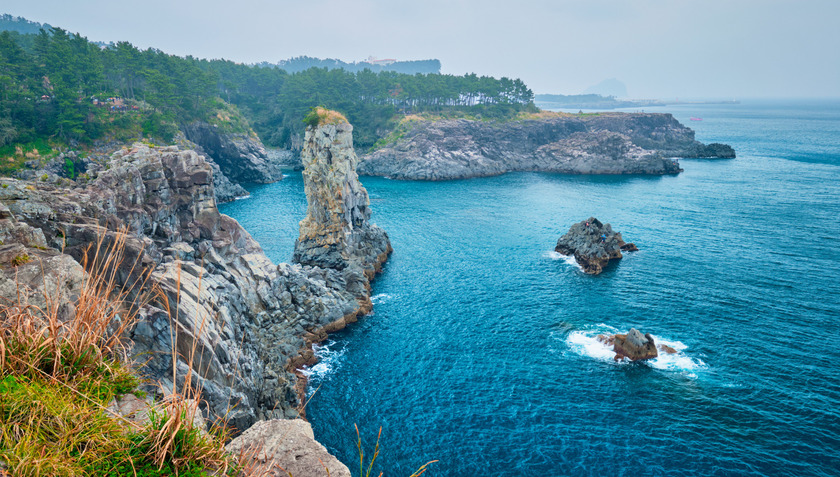
Jeju will become a pioneer in implementing green policies at South Korean tourist destinations.
According to KEI, Jeju Island's natural beauty makes it a unique ecotourism destination, boasting South Korea's first UNESCO-recognized World Heritage Site, including Jeju Volcanic Island, lava tubes, and other internationally recognized biosphere reserves.
However, tourism is becoming a major source of pollution on the island, and the provincial government has to spend a lot of money to remedy it, leading to a large budget deficit. Jeju currently ranks last economically among South Korean cities.
Jeju is demonstrating a pioneering role in balancing economic development and environmental protection through the implementation of an ecotourism tax. Despite the challenges, this decision showcases the creativity and foresight of the local government. Jeju is not just a tourist destination, but also a model of sustainable development worth emulating by other localities.

 VI
VI EN
EN



